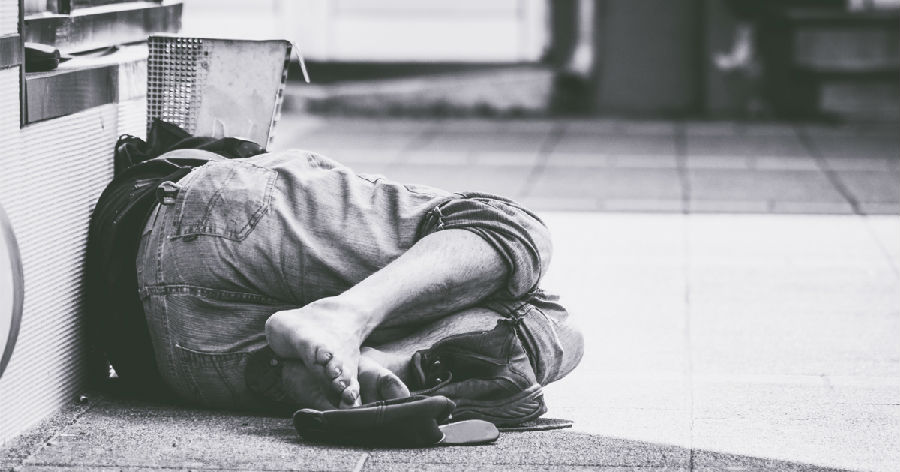If that doesn't rise to the level where an officer believes it would meet the threshold of being hazardous or dangerous, we won't have the opportunity to try and gain voluntary compliance to get that person to either change their behavior or move to another location. And we had a pretty good success with that in dealing with homeless populations, especially in our downtown area. We were seeing compliance rates somewhere in the neighborhood of 98 percent when we would ask an individual to either change the behavior or move, that they would comply. Yeah. So, with the new regulations we now have to wait for that behavior to reach the level of where it's hazardous or dangerous or if there are blocking that -- Well, let me ask you, because here is an example from another person who put a question to the police online. "People are sleeping on the sidewalk in front of my residence. This is concerning for my family. Can't you all do anything about that?"

And the answer was "No, the new obstruction/camping ordinances allow camping on the sidewalks, alleyways, and other public places except parks in city hall, which includes in front of your house." Your reaction? So depending upon that location, if it was on public property, people's private property is still protected and their private property rights are not impacted by this, but if it is on that portion of public property between the street and the private property, if it is not unreasonably blocking someone from utilizing sidewalk or that passageway, and we cannot establish that it's hazardous or dangerous -- Then you have to -- then yes, under the new requirements we are limited. Understood. Chief Manley, thank you very much. Good to have you here. We'll be watching on how it unfolds in the city of Austin, Texas. Thank you, chief.
译文由可可原创,仅供学习交流使用,未经许可请勿转载。












